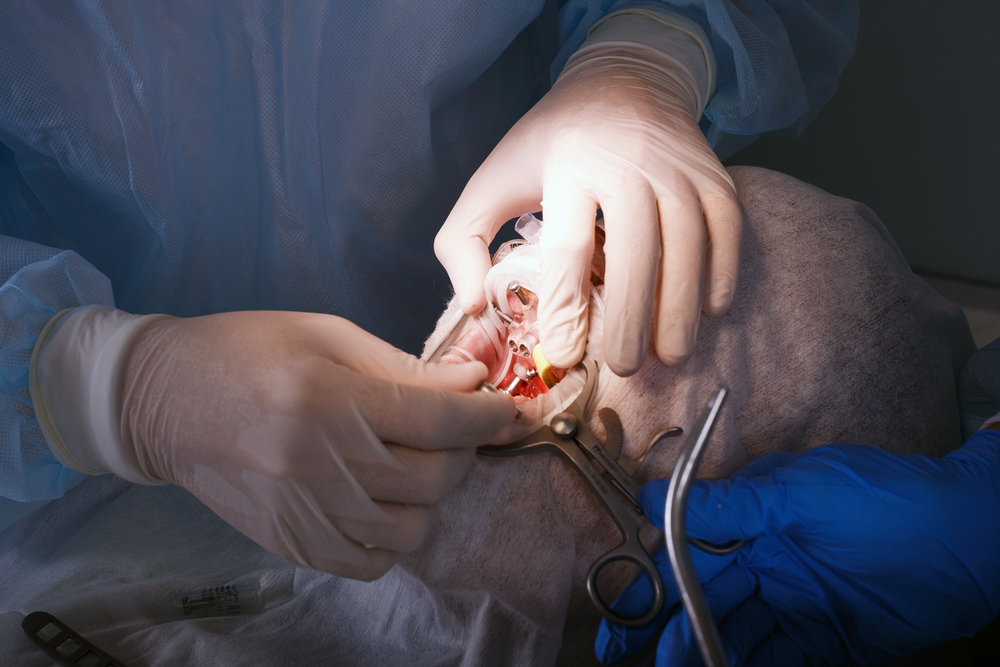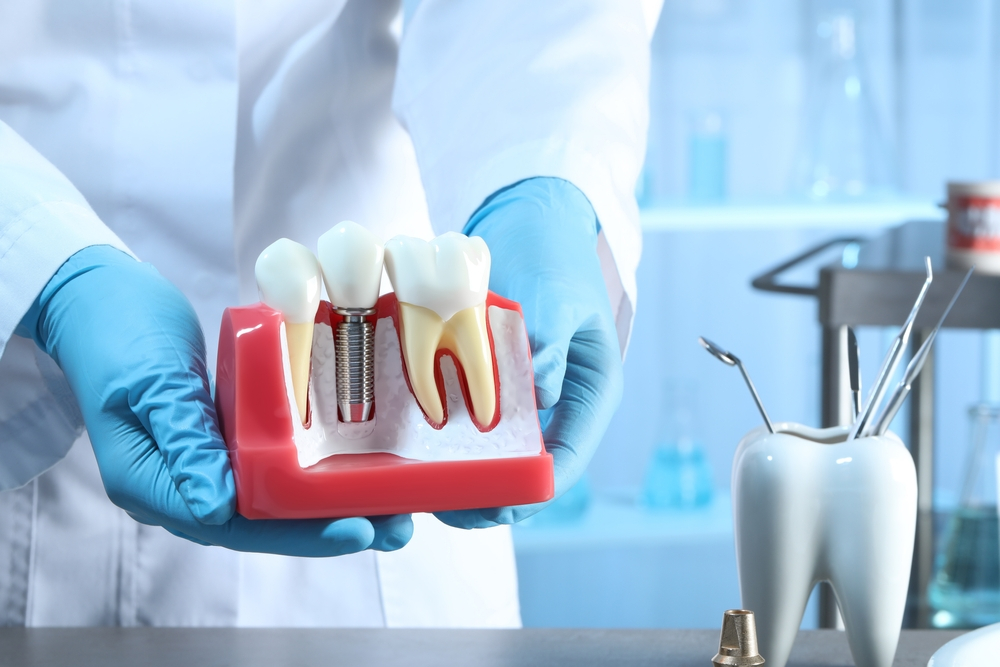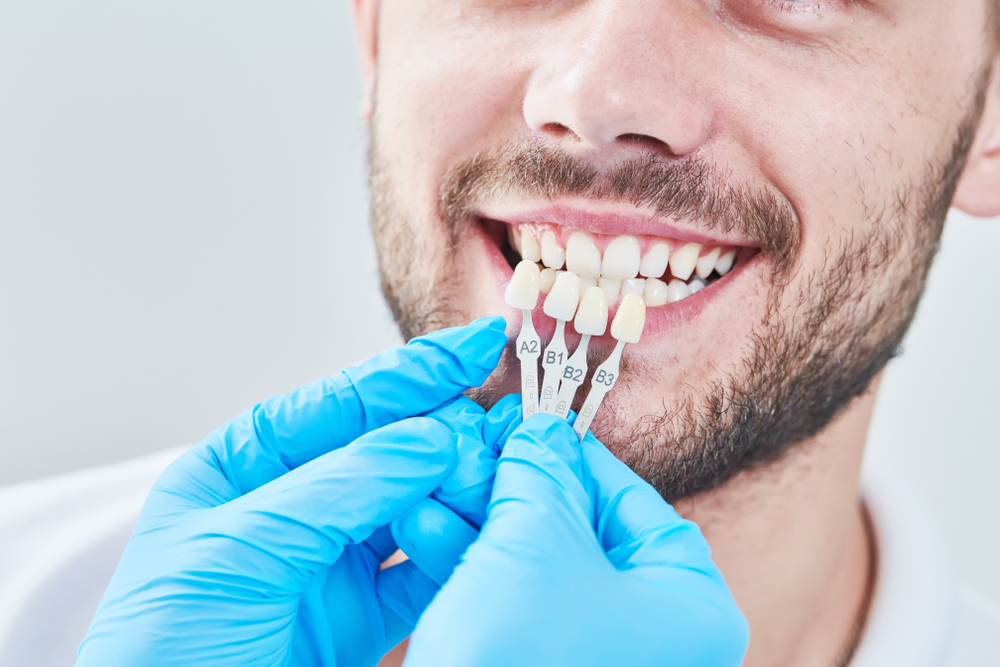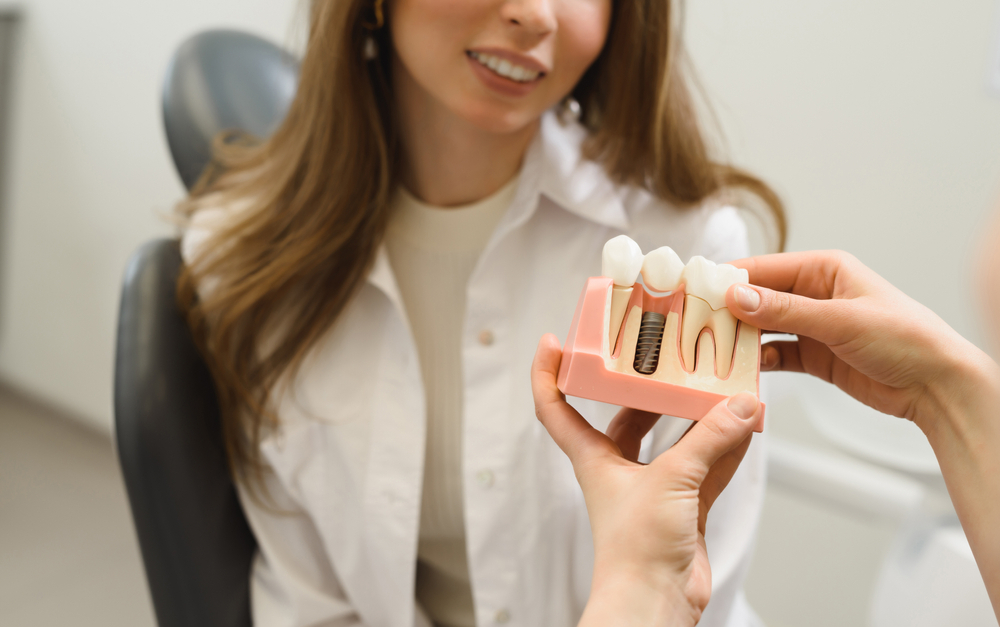
Nowadays, dental implants are one of the most popular options for replacing lost teeth. They can replace the missing teeth without any visible difference. They are used to anchor artificial teeth into the jawbone of the patient. They are designed in such a way that they mimic the function of natural teeth. Full-mouth dental implants offer a long-term solution to missing teeth. Therefore, they are considered the best solution to replace missing teeth.
However, full-mouth dental implants are not suitable for everyone. You need to know how to properly take care of your dental implants to keep them in good condition.
You should also read our article about full mouth dental implants to learn more about the procedure.
So How To Take Care Of Your Full-Mouth Dental Implants
Here are some essential tips that will help you to keep your dental implants healthy and robust.
BRUSH TWICE A DAY
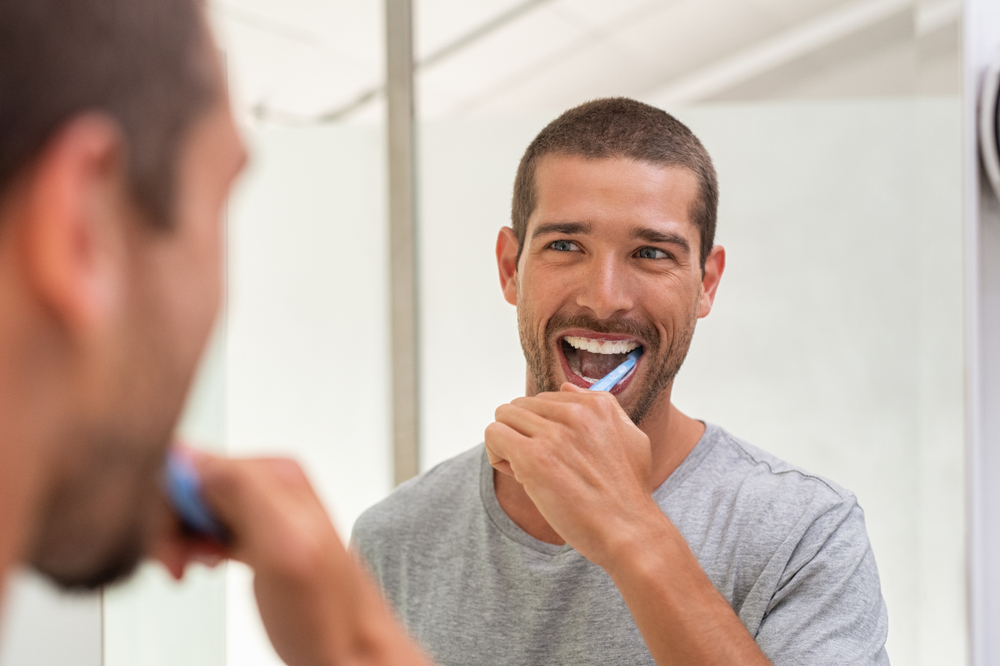
Brushing your teeth twice a day is the best thing you can do to keep your dental implants healthy. You should brush gently for 2 minutes after every meal and also before you go to bed. If you don’t brush your teeth properly, the food particles and plaque will remain stuck to your teeth which will eventually cause gum disease. So, brushing your teeth twice a day would be best.
Read our article on why you should be brushing twice a day.
USE A SOFT NYLON BRUSH
This is because nylon toothbrushes have flexible bristles, so they don’t damage your dental implants. It’s essential to get your implants professionally polished every six months to remove plaque and other hard-to-get-rid-of bacteria from the surrounding. Also, be careful not to use metal instruments to clean your mouth after your implants have been placed; they can damage your implant.
Plenty of toothbrushes available will not harm your teeth or implant, so make sure you find one with soft bristles.
USE THE INTERDENTAL BRUSH (ALSO KNOWN AS PROXABRUSH)
It is a unique brush used to clean the areas between your teeth (known as gaps). Interdental brushes help prevent gum disease. They eliminate bits of food and bacterial plaque between the teeth and prevent plaque from sticking to your teeth.
They are small, tiny brush heads available in different widths to suit the size of the gum spaces between the teeth. They may not work well if you have a large gap between your front teeth.
AVOID ABRASIVE PRODUCTS
You should avoid using toothpaste and mouthwash that contain abrasives or intense flavors, like mint or cinnamon. The abrasive ingredients in toothpaste and oral rinses can damage implants and the surfaces of dental prosthetics. So it’s always best to choose sensitive products when buying toothpaste and mouthwash after you get your dental implants. They’re vital because they help prevent discomfort when brushing your teeth.
EAT HEALTHY FOODS AND AVOID STICKY FOODS
Eating a balanced diet is essential for overall health. Still, it’s crucial to maintain healthy gums and bones around implants. So, eat plenty of fruits, vegetables, and lean proteins. Also, avoid sticky, sugary, hard, and acidic foods that can damage teeth and gums. They are the worst type of food that can cause gum disease. So, you should avoid eating potato chips, ice, caramel, cakes, hard candies, and other unhealthy foods.
QUIT SMOKING

Smoking is not only terrible for your overall health, but it also damages your dental implants. Not only does it cause bad breath and stained teeth, but it can also lead to implant failure or infection. Smoking is one of the leading causes of implant failure, so if you smoke, it’s an excellent idea to quit. Not only will stopping smoking improves your overall health, but it will also help reduce the risk of implant failure. You may consider switching to a healthier alternative if you cannot stop at the least.
FLOSS AT LEAST ONCE A DAY
Suppose you floss at least once daily; you can ensure that your implants remain healthy and strong. Flossing is crucial because it is your first defense against gum disease. You should also avoid chewing gum with your mouth open. Chewing gum causes bacteria to stick to your implant, which can lead to infection. You should also avoid sharing eating utensils, glasses, or cups.
VISIT YOUR DENTIST REGULARLY
It’s a good idea to visit your dentist every six months for a professional cleaning and checkup. During these appointments, your dentist will check for gum disease or implant failure signs.
See your dentist right away if you have any problems.
Be sure to see your dentist immediately if you notice anything out of the ordinary with your implants, such as pain, swelling, or redness. These could be signs of an infection or other serious problems.
Following these simple tips can help ensure that your full-mouth dental implants stay healthy and last for many years!
The Importance Of Regular Checkups

Full-mouth dental implants are a considerable investment, both financially and in terms of your oral health. That’s why it’s so important to take care of them properly! Regular dentist checkups ensure your implants are healthy and functioning correctly. During these checkups, your dentist will examine your implants for any signs of wear or damage. They may also take X-rays to get a closer look at the condition of your implants and the surrounding bone tissue. If they find any problems, they’ll work with you to develop a treatment plan to restore your implant health. So make sure to see the dentist before there’s a problem with your implants – regular checkups are the key to keeping your dental implants healthy.

